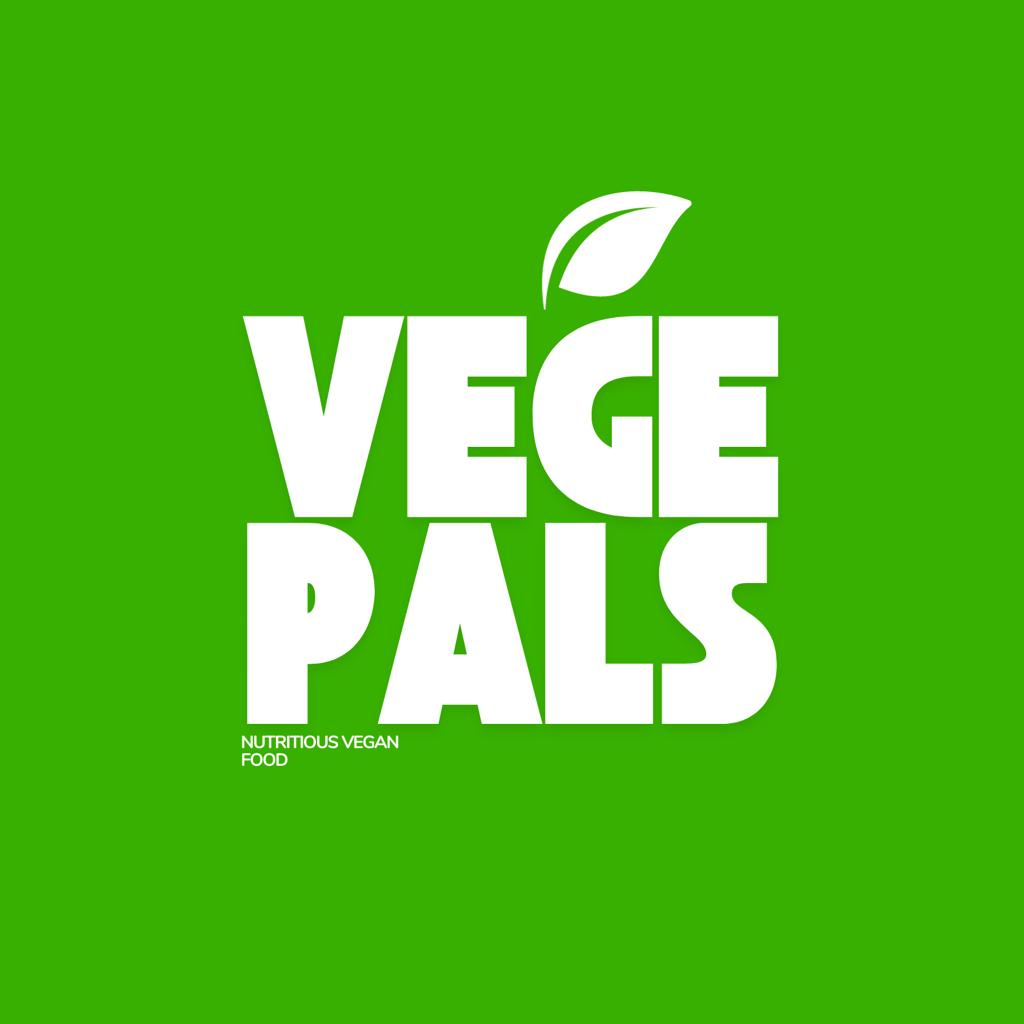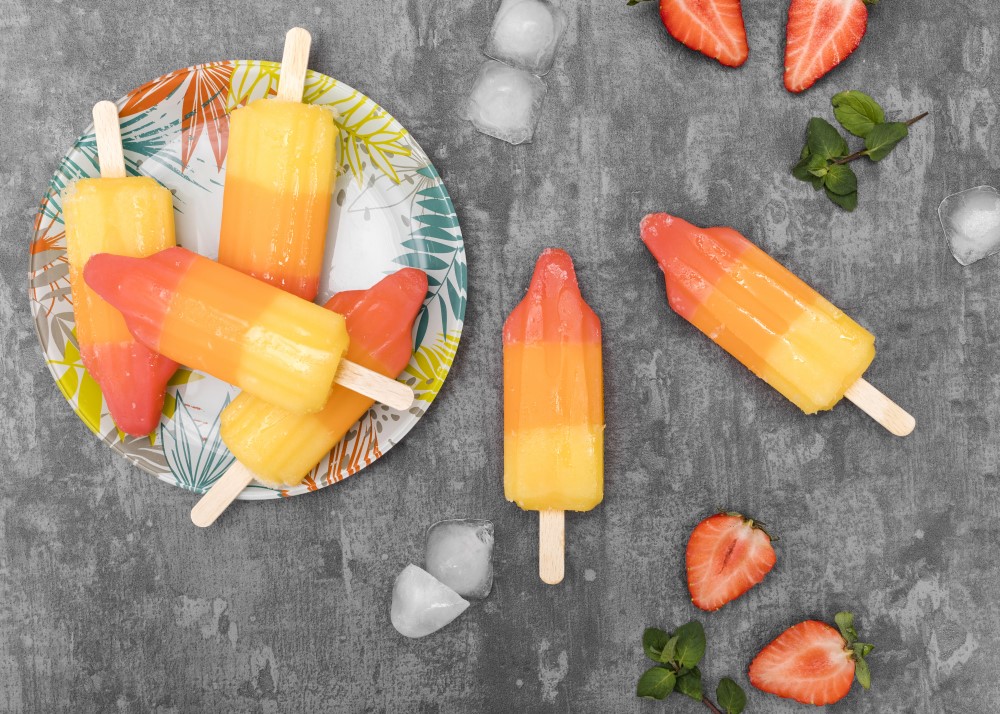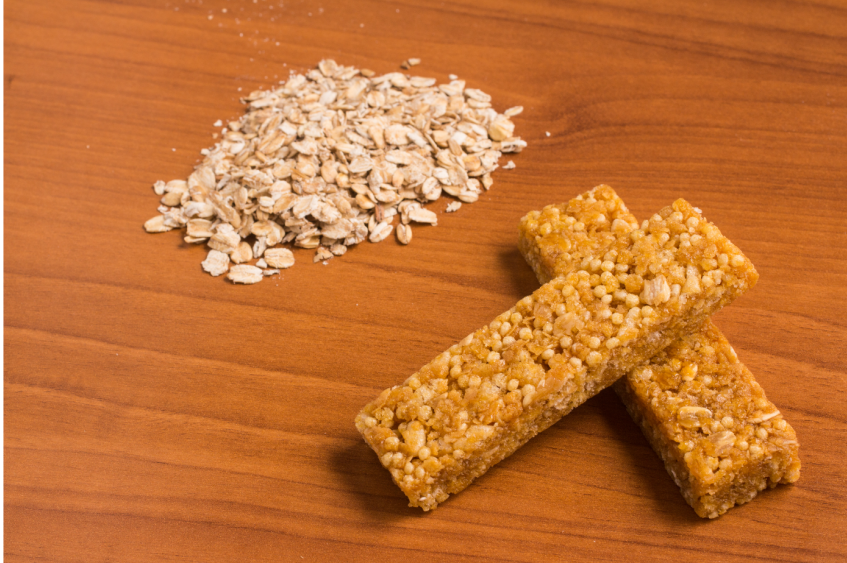The vegan chocolate movement is relatively new as the chocolate has existed for centuries. Let us start by examining the history and development of vegan chocolate.
Origins of Chocolate – The History of Vegan Chocolate
Thousands of years, people love chocolate. The ancient Mesamericans, who grew cacao trees and produced a bitter drink from the pods, were the first people to use chocolate. It used to be believed that this ancient drink was a magic and possessed a healing property.
The History of Vegan Chocolate : The Mayans are the first archaeological evidence that suggest they were the ones who grew cacao and recognized its immense value. In their culture, cacao beans were held in high regard and they were also used as currency. The Mayans also said that cacao was an effective aphrodisiac.
The Aztec also grew to adopt cacao plant as it was part of their culture. It is interesting to note that the word “chocolate” is a translation of the Aztec phrase “xocoatl”, which they used to refer to the bitter drink from cacao. The Aztecs drank this beverage at times during spiritual ceremonies thinking that it had spiritual power.
The History of Vegan Chocolate : Fast track to the 16th century when Spanish explorers stumbled upon cacao during their discovery of the New World. The exotic taste and smell of cacao attracted the Spanish who in turn loved it and took it to Europe. Nevertheless, the introduction of sugar and other components was the beginning of today’s chocolate.
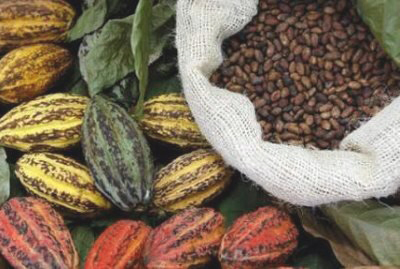
The History of Vegan Chocolate Production
Chocolate has been loved by everyone since its beginning. Chocolate has been produced for millenniums. It started from the Mayans and Aztecs of Central America. These were the first civilizations that discovered the cacao tree and its sweet beans, which had mystical powers and healing abilities.
- The Mayans and Aztecs: Mayans and Aztecs were the initial farmers and the first to drink chocolate. These people would also collect cacao beans, ferment them, dry them, and turn them into paste that was mixed with water and spices. Aztecs made use of a frothy concoction known as “xocoatl” in their religious ceremonies and for exchange purposes.
- The Spanish Conquest: Discovery of the New World by European explorers resulted in a dramatic revolution in production and consumption of chocolate. During the 16th century, Spanish conquistadors encountered cacao beans while conquering other parts of the world, they then took them to Europe. Initially, there was skepticism over the harsh beverage but the European aristocracy finally embraced it.
As Antonio Colmenero de Ledesma, Spanish physician and writer, on the consumption of chocolate in 17th century Europe, “It was a great pretense of eating and one who was not acquainted with it would have believed it a meal.”
- Industrial Revolution and Modernization: During the course of the industrial revolution in the 18th century, the production of chocolate experienced great improvements. The use of steam-powered machinery improved the grinding process of cacao beans hence speeding up the process. As a result, hard chocolate bars were invented, a major advancement that transformed the chocolate sector. The types of chocolates such as milk chocolate, dark chocolate and white chocolate were invented and developed over time.
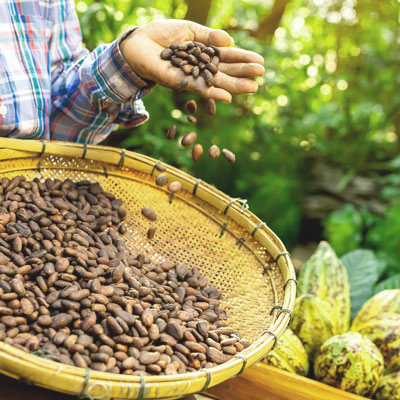
The Rise of Vegan Chocolate – The History of Vegan Chocolate
Vegan chocolate has become popular over the last few decades. With an increase in vegetarians, there is growing preference for healthy and animal-free substitutes to regular chocolate.| Let’s uncover the primary aspects that have influenced the rising of vegan chocolate.
- Changing Consumer Preferences
- Consumer awareness of the implications their decisions have in relation to environment and animal welfare issues has increased.: The shift of the mind has led to high demand for vegan products even in the chocolate industry as well as other ones. More and more people look for plant-based alternatives and this is a reaction of chocolatiers who have developed new vegan options.
A report issued by the ‘Grand View Research’ indicated that the worldwide vegan chocolate market is anticipated to experience an upward movement, motivated by improving knowledge pertaining to health effects, environmental risks and abuse of animals in relation to the traditional chocolate manufacturing process.
Innovation in Ingredients
Some of these early vegan chocolate makers had difficulties in sourcing substitutes for traditional dairy milk. Nevertheless, food technology developments now make it possible to recreate the velvety and creamy feel of classic chocolates with non-traditional ingredients.
Chocolate artisans have today options for nut, coconut, oat, or soy-based milk products. Besides being flavorful vegan chocolate, this offers a lot of varieties in the form of different flavors which target diverse tastes.
Ethical Sourcing and Fair Trade Principles
Vegan chocolate is usually known for ethical sourcing and fair trade. Several vegan chocolate makers insist on ethical cocoa, thus helping increase the wages of farmers and improving employment procedures. Such accent upon sustainability and social responsibility have connected well with people-conscious buyers who understand the impact of their purchases.
Divine Chocolate and Alter Eco are some companies that have adopted fairtrade standards among the entire chocolate industry.
Health Benefits – The History of Vegan Chocolate
Taste, ethics, and health benefits are the three main factors behind the rise of vegan chocolate. Many people with dietary restriction or allergic to milk products prefer vegan chocolate as it is usually free from the common allergens like dairy and eggs.

Causes of the rising vegan chocolate market – The History of Vegan Chocolate
Over that time period, vegan chocolate has gained much popularity. This is because of several reasons that have led to this growth.
Rising Awareness about Animal Welfare:
With increased concern for animal welfare, an increasing number of people have chosen to be vegans. This ethical choice goes hand in hand with vegan chocolate, which is completely void of any animal-derived ingredients like milk and eggs. The trend has led to increased demand for vegan chocolates as consumers become aware of their consumption impacts on animals.
Health Consciousness:
The other reason for the explosion in vegan chocolate is the focus on health and good living. Several people have been turning to vegetarian diets and looking for healthy substitutes for normal chocolates. The high-quality ingredients used to make vegan chocolates may include organic cocoa beans, natural sweeteners, and non-dairy milk substitutes. In response, those health-conscious buyers have been looking out for those healthier alternatives thus demanding for vegan chocolates.
Allergen Considerations:
Food allergies and intolerance are increasingly common, and a lot of people are seeking for allergen-free diets. Many traditional chocolate products usually contain milk and nut that makes their consumption impossible for allergy sufferers. However, vegan chocolate is generally free from major allergens and a safer option for many people. As a result, consumers have become accustomed to looking for an allergenic-friendly chocolate.
Environmental Concerns:
Consumers have now started to pay more attention to sustainability and concerns on the environment, as a buying consideration. Conventional chocolate production is, however, less sustainable than the production of vegan chocolate. Vegan chocolate brands emphasize sustainability issues such as sourcing ethical ingredients and developing fair trade initiatives. Sustainability is vital to today’s consumer, and this commitment matches with what the consumers want.
The growing popularity of vegan chocolate
There has been a rapid growth in the market for vegan chocolate within the last decade largely due to the consumer’s movement toward organic and ethical food choices. In this, I will attempt to provide the rationale behind this increase in consumption of vegan chocolate and uncover the determinants for the rising demand for vegan chocolate.
- Health and Wellness Benefits:
- Health-focused persons are usually drawn to vegan chocolate that has natural plant-based ingredients.
- It does not have dairy, cholesterol, or other animal products, so it is ideal for those who have food preferences or restrictions.
- Ethical and Sustainable Practices:
- Many consumers are increasingly aware of how their dietary decisions affect the environment and animal protection.
- As such, a lot of vegan chocolate brands target socially responsible customers who pay attention to the fairness of trading and sustainability in the production methods.
- Increasing Availability and Variety:
- This trend has seen chocolate makers widen their production scope to cater to the escalating need for vegan products.
- Vegan chocolate even gets its dedicated shelf space at retailers and supermarkets.
- Health and Food Influencers:
- The popularity of veganism has been fuelled by the emergence of social media where influencers and celebrities display their vegan diets.
- Vegan chocolate has gained growing popularity, with health and food influencers viewing it as a sinless candy.
The Future of Vegan Chocolate
Therefore, the prediction for the future of vegan chocolate is bright as more people show the inclination towards plant based diet and sustainable food products. As a result of consumers becoming more aware of environmental issues as well as animal cruelty, the market for ethical goods that are not cruel towards animals is rising.
Innovative Ingredients:
Within the subsequent time frame, it is anticipated that new vegan chocolate ingredients will witness a prospers growth. The traditional chocolate tastes usually are creamy-flavored. As such, new plant fats including coconut oil, substitutes to cacao butter or nut butters are often searched by manufactures. Also, breakthroughs in food science can provide uncommon tastes, textures and improved nutrition.
Sustainable Sourcing:
The manufacture of vegan chocolate, sustainability is going to remain a major concern. In the years ahead, more attention will be paid for responsible sourcing of raw materials such as cocoa beans. Ethical treatment of farmers plus conservation of biodiversity will require fair-trace and organic certifications.
Health-Conscious Offerings:
From merely being seen as a luxury, vegan chocolate has made great strides. Moving forward, consumers will be introduced to more healthy options for an audience with an increasing number of concerns about their health. Example of this may be use of super foods such as goji berries, chia seeds and matcha in creation of chocolates. Sugar-free and low calorie varieties also will target to watch their diets.
Packaging Innovations:
Packaging is also innovation that is promising as the future of vegan chocolate. Most companies will emphasize on sustainability as they shift towards eco-friendly packaging options. Consumers are becoming more sensitive concerning the environment; therefore, the packaging industry has to move from compostable wrappers to re-usable containers.
Conclusion
Nowadays even vegan chocolate has become a flourishing mark that attracts more and more consumers. Vegan chocolates have become more popular because of increase in the number of vegans in the population. There is even an interesting historical background behind vegan chocolate some of which dates back to some of the chocolate products that existed way back in 1600s. There are lots of vegan chocolate brands being sold today in stores.
Many popular brands can be used by these watches, in fact some of them are American made and others are foreign brands. The fact that one would expect the growth in popularity among the consumers for vegans chocolates goes without saying. This increase is not just because they are vegan, but rather because there is massive chocolate flavor involved. Lots of individuals prefer vegan chocolates even though they have a liking for chocolates, not vegans.
